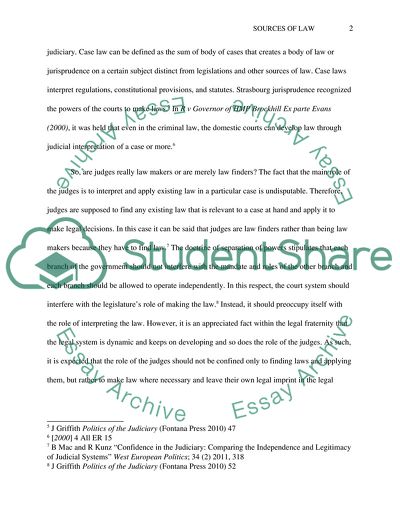Cite this document
(Do Judges Make the Law or Find It Essay Example | Topics and Well Written Essays - 2250 words, n.d.)
Do Judges Make the Law or Find It Essay Example | Topics and Well Written Essays - 2250 words. https://studentshare.org/law/1779291-do-judges-make-the-law-or-find-it
Do Judges Make the Law or Find It Essay Example | Topics and Well Written Essays - 2250 words. https://studentshare.org/law/1779291-do-judges-make-the-law-or-find-it
(Do Judges Make the Law or Find It Essay Example | Topics and Well Written Essays - 2250 Words)
Do Judges Make the Law or Find It Essay Example | Topics and Well Written Essays - 2250 Words. https://studentshare.org/law/1779291-do-judges-make-the-law-or-find-it.
Do Judges Make the Law or Find It Essay Example | Topics and Well Written Essays - 2250 Words. https://studentshare.org/law/1779291-do-judges-make-the-law-or-find-it.
“Do Judges Make the Law or Find It Essay Example | Topics and Well Written Essays - 2250 Words”. https://studentshare.org/law/1779291-do-judges-make-the-law-or-find-it.


